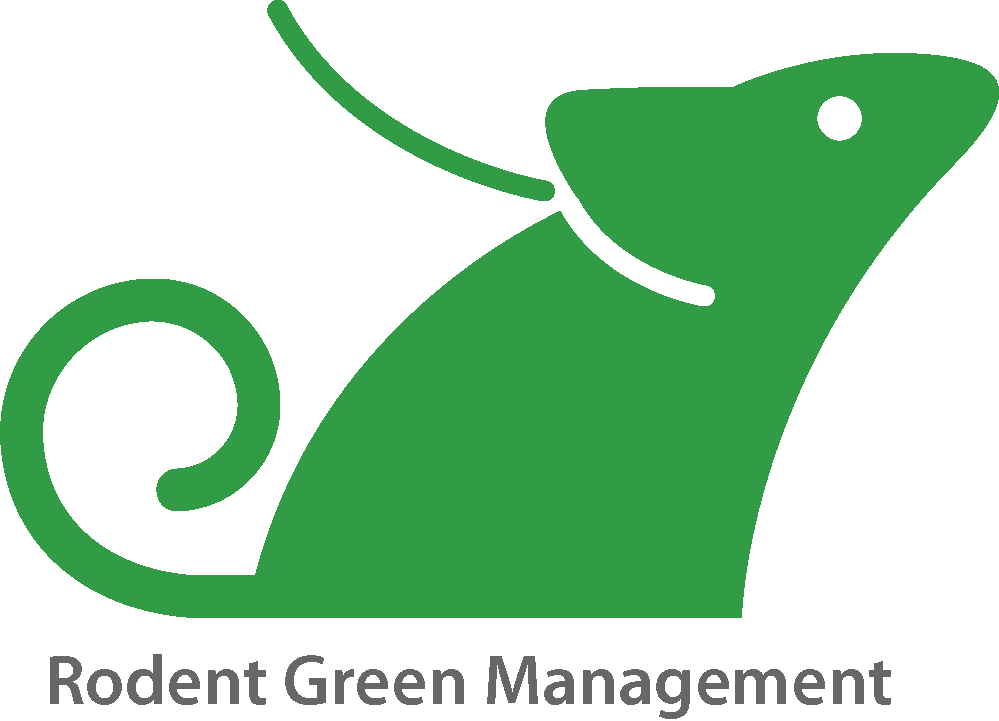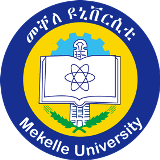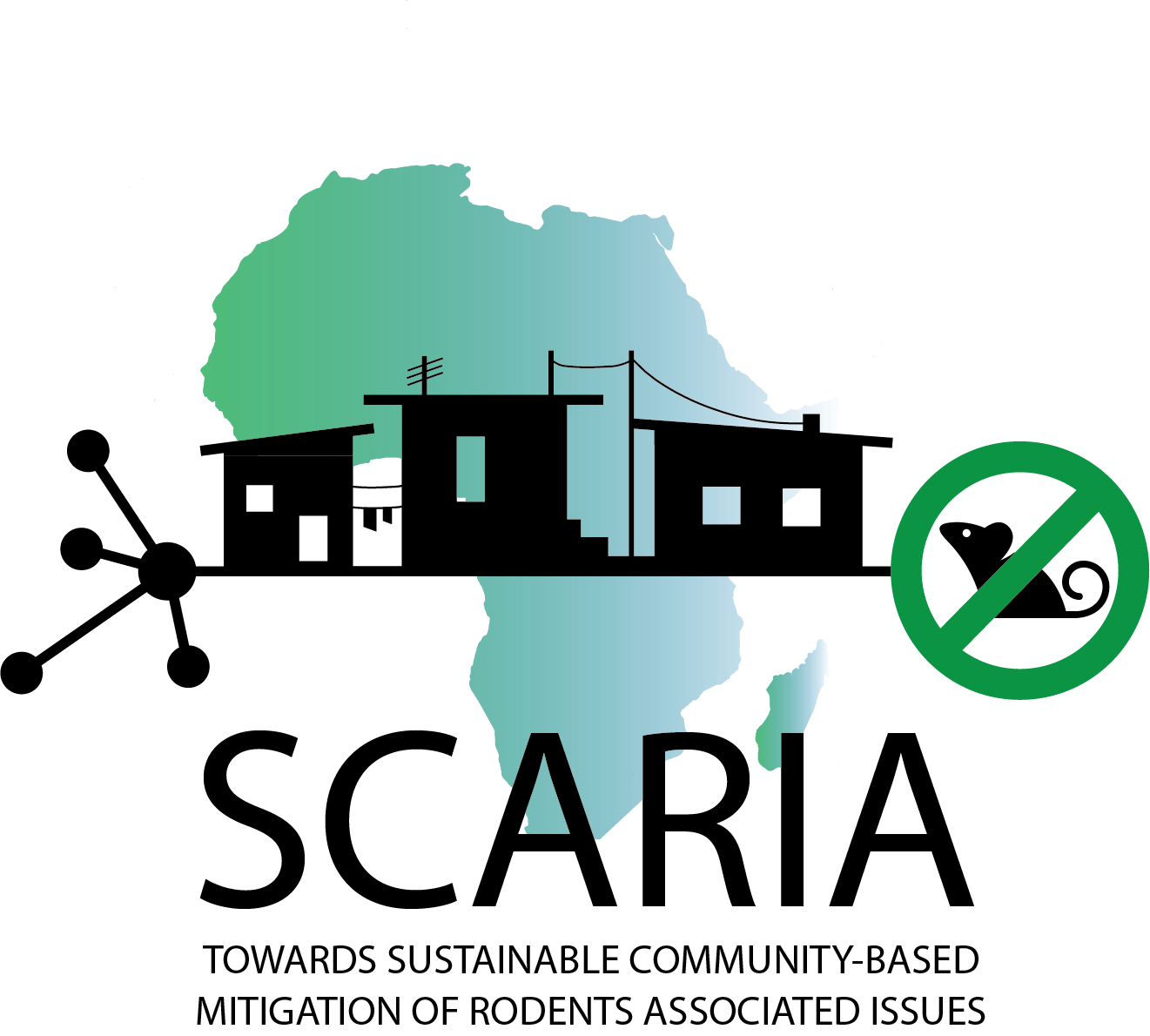On the International Day of Biodiversity we invite you to embark on a pioneering journey with us as we introduce Ecologically-Based Rodent Management (EBRM) to West Africa. Rodents, notorious pests, wreak havoc on human structures, agriculture, and public health. Traditionally, chemical control methods dominate, but they come with risks to humans and non-target species. EBRM offers sustainable solutions by leveraging knowledge of rodent biology, ecology, and behaviour, coupled with community-based interventions.
Rodent outbreaks can devastate crops, leading to agricultural losses of up to 100% in the field and post-harvest. Globally, major cereal and horticultural crops suffer damages ranging from 5-25%. Effective rodent management could potentially feed an additional 279 million people worldwide. In Sub-Saharan Africa, where losses due to rodents can hit 16% in fields and 8% in storage, neglecting rodent management exacerbates vulnerability among the most marginalized communities.
The DPV, Gaston Berger University, IRD, and MetaMeta Research have joined forces to develop EBRM tailored to the Sahelian irrigated agro-ecosystems in West Africa. We initiated this journey with a training on “Community-level Ecologically-Based Rodent Management (EBRM) in Irrigated Farming Systems” in Saint-Louis, Senegal, from April 22 to May 4.
Our overarching goal is to seamlessly integrate EBRM into local farming systems, approaches, and policies. With Mali, Niger, Mauritania, and Senegal represented, we’re fostering cross-border collaboration to ensure a healthy and prosperous agricultural future in the region.
Watch this webinar now online, where representatives from a farmer organization, crop protection agency, and Africa Rice will share their key takeaways and share highlights of the roadmap for integrating EBRM into the agricultural system of West Africa.








